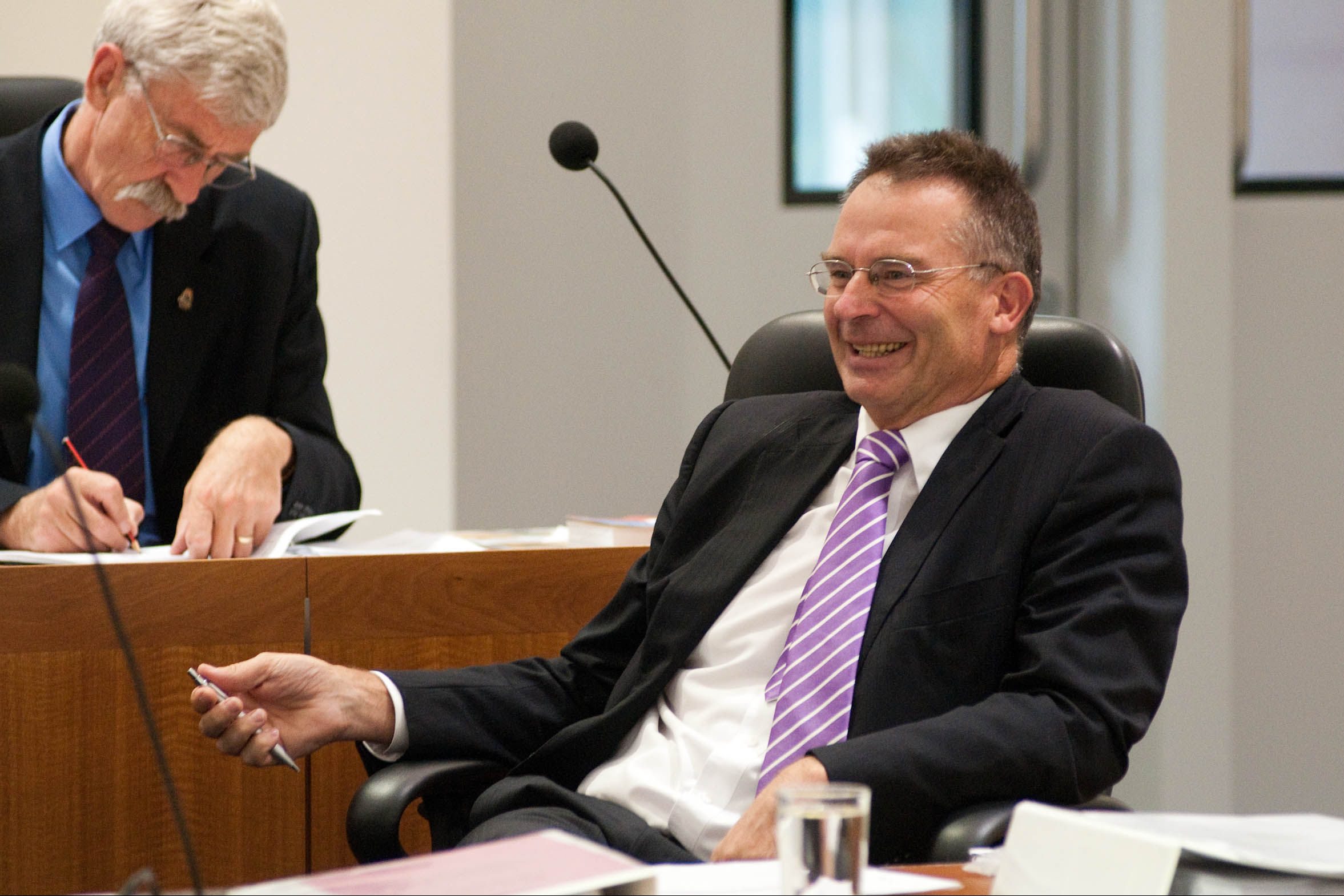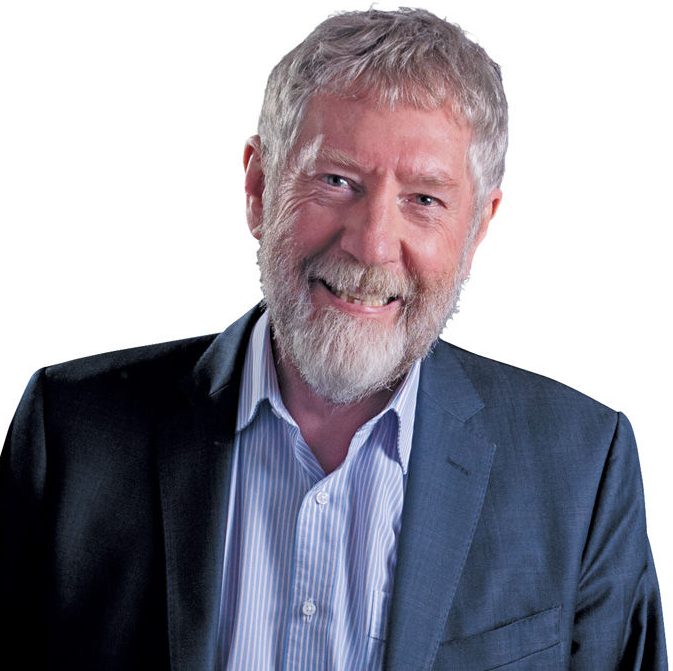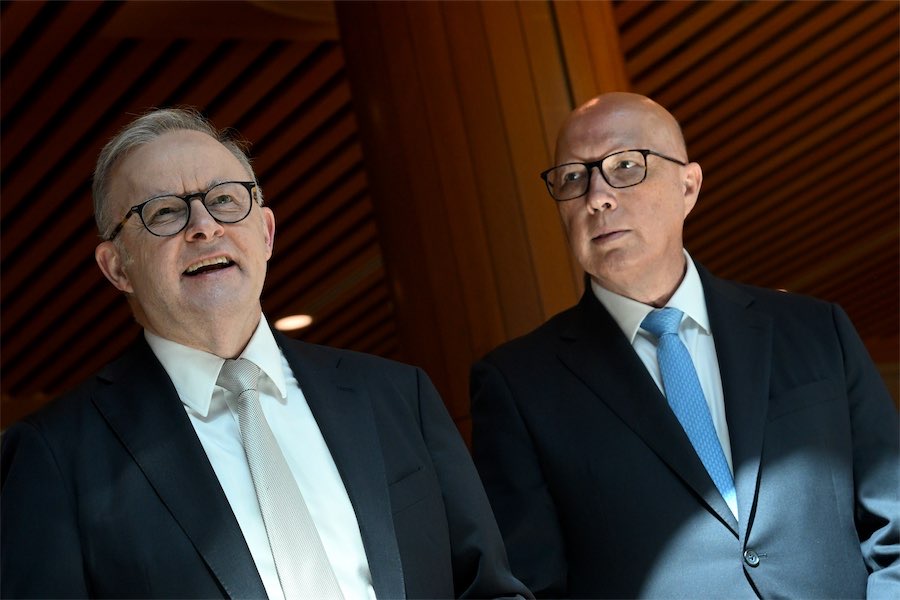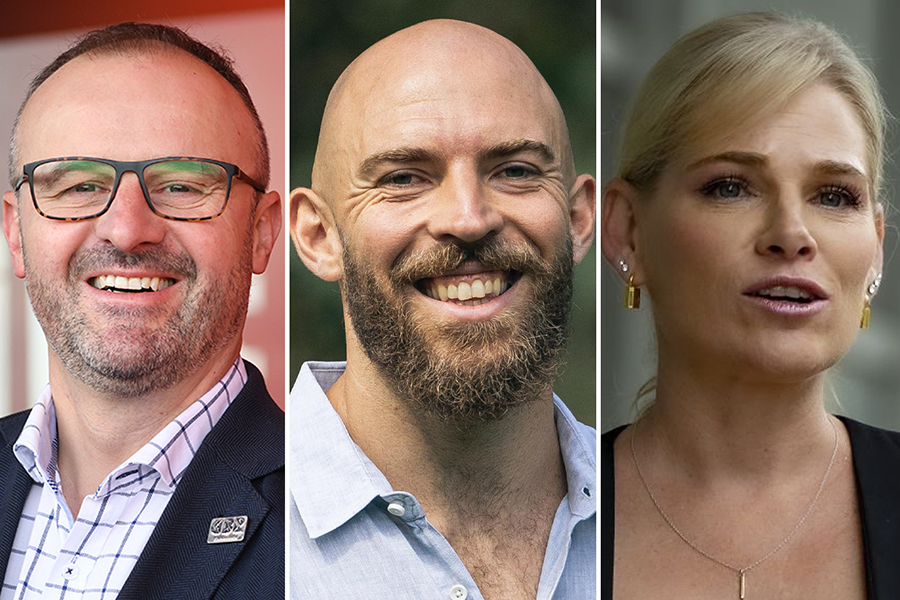
“The temptation for legislators is to seek convenient solutions. However, when a Commissioner for Human Rights can challenge legislators to rethink bills it ensures appropriate consideration,” writes political columnist MICHAEL MOORE.
IT seemed like back to the future on October 31 when Tara Cheyne, the ACT Minister for Human Rights, introduced the Voluntary Assisted Dying Bill 2023.

The legislation has been more than 30 years in the making, with the first bill of its type in Australia introduced into the ACT Legislative Assembly in 1993.
The ACT Assembly has been a national leader on many progressive issues and this legislation provides an important reminder that ought to be a point of pride for Canberrans.
Human rights, marriage equality, environmental protection, and drug policy provide just a few other examples of thoughtful and progressive approaches that have been introduced in the ACT to be followed by other jurisdictions.
The use of Parliamentary Committees as a way of testing community opinion and ensuring the best possible legislation has been a hallmark of successful progressive policies from the early days of the Assembly. Despite criticisms of the first ACT Assembly (1989-1992), most commentators gave credit to the establishment and effective workings of the committee system. This has continued through the years.
The 1993-94 Select Committee on Euthanasia reported that the Labor Party was not yet ready to support such legislation and that the Liberal Party, who at the time favoured referenda on controversial issues, refused to put this issue on the agenda as a referendum question. Both parties were using further delay as a political tool.
The Kevin Andrews’ Euthanasia Laws Act 1997 ripped away the power from both the NT and the ACT Legislative assemblies to legislate on assisted dying. A number of people had availed themselves of the NT legislation and chosen a “good death”.
In the ACT, the Assembly was in the process of debating new legislation on the issue and was divided fairly evenly when the power was removed by the federal parliament.
In introducing the voluntary assisted dying legislation, Ms Cheyne acknowledged the efforts of the early advocates and Assembly members who had pursued the issue with “tenacity”.
She now has the advantage of learning from the jurisdictions who have introduced and passed similar legislation. It is only the NT and the ACT that are now playing catch up.
Being at the forefront of progressive ideas has meant a need for careful consideration and consultation. This latest assisted-dying legislation is going to be considered once again by yet another Select Committee that will report on February 29. This is in addition to such consideration given by previous committees, including in 2018. Additionally, there was an extensive consultation process conducted by the minister and the government.
Another progressive stance taken by the ACT government and the Legislative Assembly was the Human Rights Act 2004. It was introduced in 2003 by “CityNews” columnist, Jon Stanhope, in his early days as Chief Minister.
This legislation was the subject of intense debate and consideration across the community because of its overriding nature with regard to other laws.
What Jon Stanhope achieved was to prioritise human rights over other issues – such as convenience and efficiency. The temptation for legislators is to seek convenient solutions. However, when a Commissioner for Human Rights can challenge legislators to rethink bills that might not be human-rights compliant, it ensures appropriate consideration.
The ACT was the first jurisdiction to announce it would be natural gas free. In June this year the Climate Change and Greenhouse Gas Reduction (Natural Gas Transition) Amendment Bill was passed in the Legislative Assembly. It established the legal framework to end new fossil-fuel gas network connections in the ACT.
The legislation, which has been described by “Renew Economy” as “landmark”, will stop new developments being connected to natural gas and will end natural gas use in the ACT by 2045. No doubt other jurisdictions will follow suit.
Whether drug law reform, marriage equality, assisted dying or environmental, the ACT has been a proud leader in innovative and progressive legislation. On such matters, Canberrans should feel pride in the progressive nature of our community and of our Legislative Assembly.
Michael Moore is a former member of the ACT Legislative Assembly and an independent minister for health. He has been a political columnist with “CityNews” since 2006.
Who can be trusted?
In a world of spin and confusion, there’s never been a more important time to support independent journalism in Canberra.
If you trust our work online and want to enforce the power of independent voices, I invite you to make a small contribution.
Every dollar of support is invested back into our journalism to help keep citynews.com.au strong and free.
Thank you,
Ian Meikle, editor





Leave a Reply